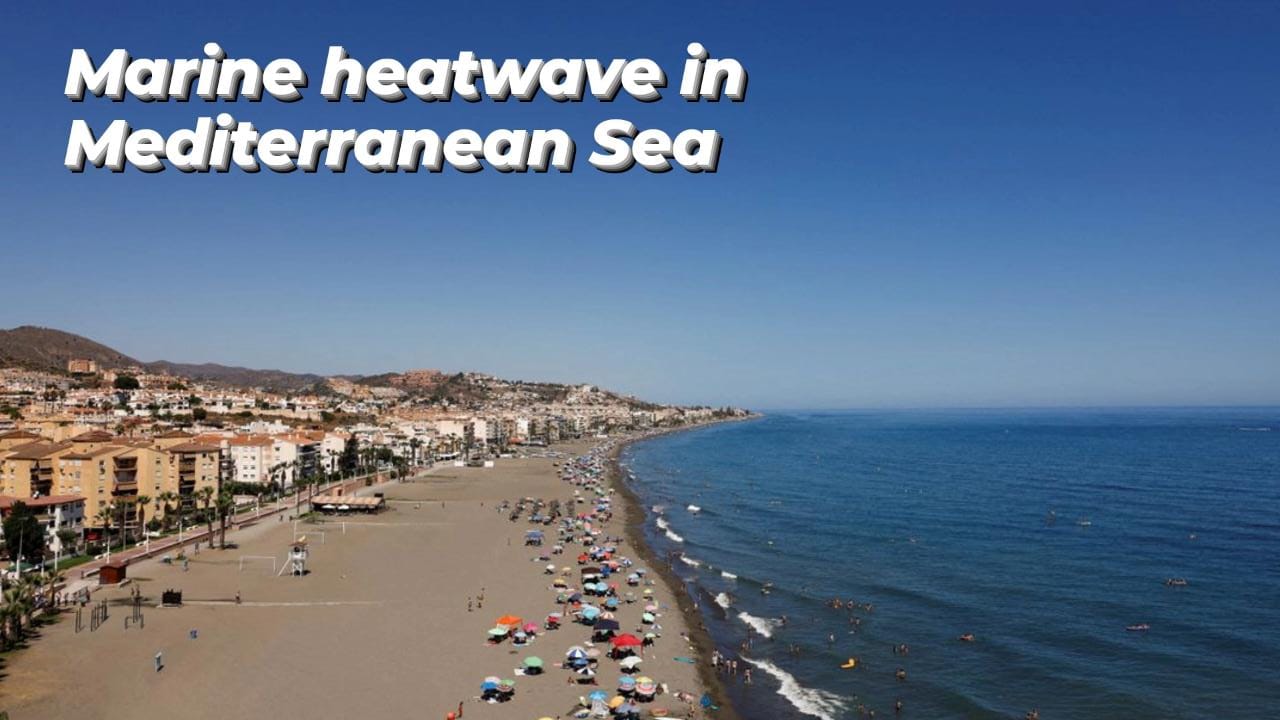
High temperatures this month in Europe have sparked a protracted marine heatwave in the Mediterranean Sea that, according to scientists, could destroy ecosystems and wipe out multiple species in the coming weeks.
In Europe, the current high heat has already caused thousands of lives from heat stroke and triggered wildfires, but it hasn’t just been on the continent.
The coastal Mediterranean seas have warmed several degrees Celsius above the typical temperature range of 24°C to 26°C for this time of year because of the warmer air, moving ocean currents, and a stable sea surface.
Spain’s AMET weather agency reported Friday that water temperatures between Spain’s Balearic Islands and the Italian coast were up to 5°C warmer than they were at the same time last year. The agency also issued a warning that temperatures along the Spanish coast would continue to rise by 3°C to 4°C until at least mid-August.
The water in Cabo de Gata, Spain’s southeast corner, set a ten-year temperature record of over 28°C on Monday, according to a statement from the country’s port authorities.
Climate change is increasing the frequency of heatwaves in the ocean, which are far less well understood than heatwaves on land. This puts additional stress on ecosystems that are already under stress from overfishing and plastic pollution.
According to oceanographer Jean-Pierre Gattuso, water temperatures on June 25 near the French seaside city of Nice were measured at 29.2°C, which is about 3.5°C warmer than they were on the same day the previous year.
He declared, ‘This is an unequivocal record going back to at least 1994 and maybe before.’
Gattuso said, ‘The ocean and sea are somewhat of a sponge for the heat.’ According to a report released this week by Spain’s Institute of Marine Sciences, marine heatwaves also affected the Mediterranean from 2015 to 2019, causing massive die-offs of marine life.
The heatwave this year is worse.
Gattuso stated, ‘It is [lasting] longer and the magnitude is larger.’ In August, the die-offs ‘will probably start later.’

Post Your Comments